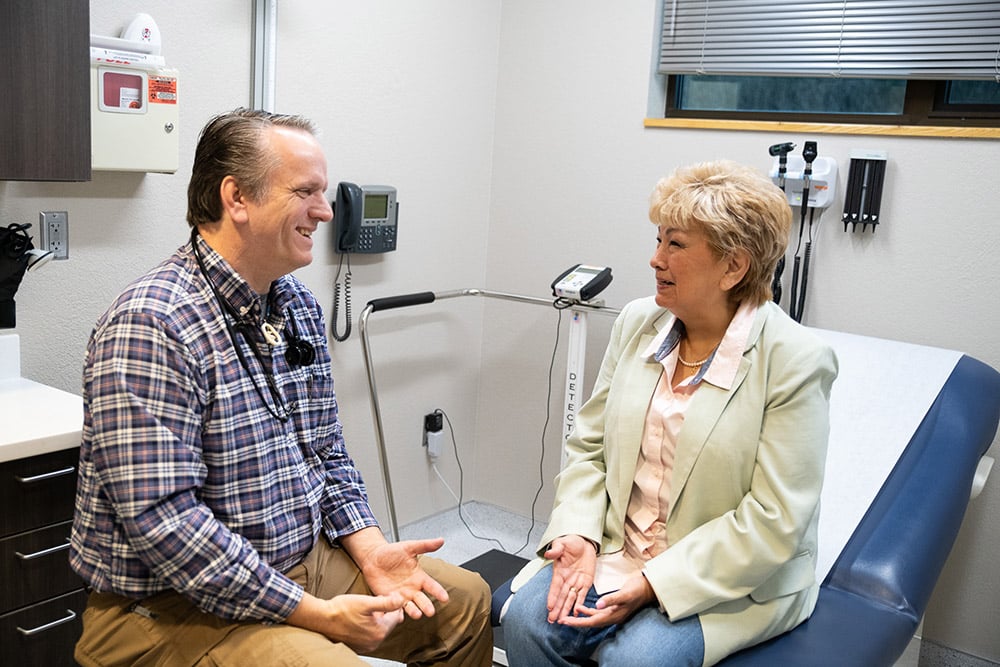PANDEMIC ASSESSMENT – ECONOMIC IMPACT
Beginning in March 2020, the arrival of the Coronavirus had a profound impact on humanity, lifestyles, and economies worldwide. However, the Kodiak Archipelago and its rural village communities remained resilient throughout the pandemic. Thanks to Kodiak’s remote location, air traffic to the island and rural areas was restricted to non-essential travelers, significantly reducing transmission rates. Additionally, Kodiak implemented robust COVID-19 testing processes, providing swift results that proved invaluable for the community’s rapid response efforts. Vaccination programs were swiftly rolled out across Alaska, with the Kodiak Area Native Association playing a key role in vaccinating a significant portion of the Kodiak population.

The pandemic significantly impacted several sectors of the local economy, including tourism, seafood, retail, food service, and government. The Kodiak Archipelago heavily relies on tourism to bolster its economy, particularly during the spring and summer months. However, due to travel restrictions and stay-at-home orders, there was a sharp decline in visitors and tourism activities. For instance, the cancellation of cruise ship visits resulted in the loss of 17,900 tourists who would have otherwise contributed to Kodiak’s economy through spending. The leisure and hospitality industry saw a 35% decrease, while food service employment dropped by 33% due to in-person dining restrictions and the absence of tourism. Retail also took a hit, experiencing a 6% decline in 2020 compared to the previous year. Coast Guard regulations implemented in response to the pandemic further contributed to the downturn in leisure, retail, hospitality, and food service sectors. These regulations prohibited active-duty personnel from circulating in the community until April 2021 when restrictions were relaxed, allowing the Coast Guard to reintegrate into the community. On the other hand, commercial fisheries remained largely unaffected, with minimal changes experienced, albeit feeling the repercussions through altered product prices. Conversely, seafood processors underwent a substantial operational shift, experiencing a 16% decline in employment in 2020 compared to 2019.
On March 27, 2020, the federal government enacted the Coronavirus Aid, Relief, and Economic Security Act (CARES Act PL 116-136) to offer financial relief to Americans, business owners, organizations, and governments. The CARES Act allocated $1.8 trillion to support low-income families, businesses, and workers, enhance healthcare systems, prevent future outbreaks, and provide relief for educational institutions. The Kodiak Archipelago received approximately $59.6 million in relief funds to help alleviate the economic hardships caused by the pandemic.

